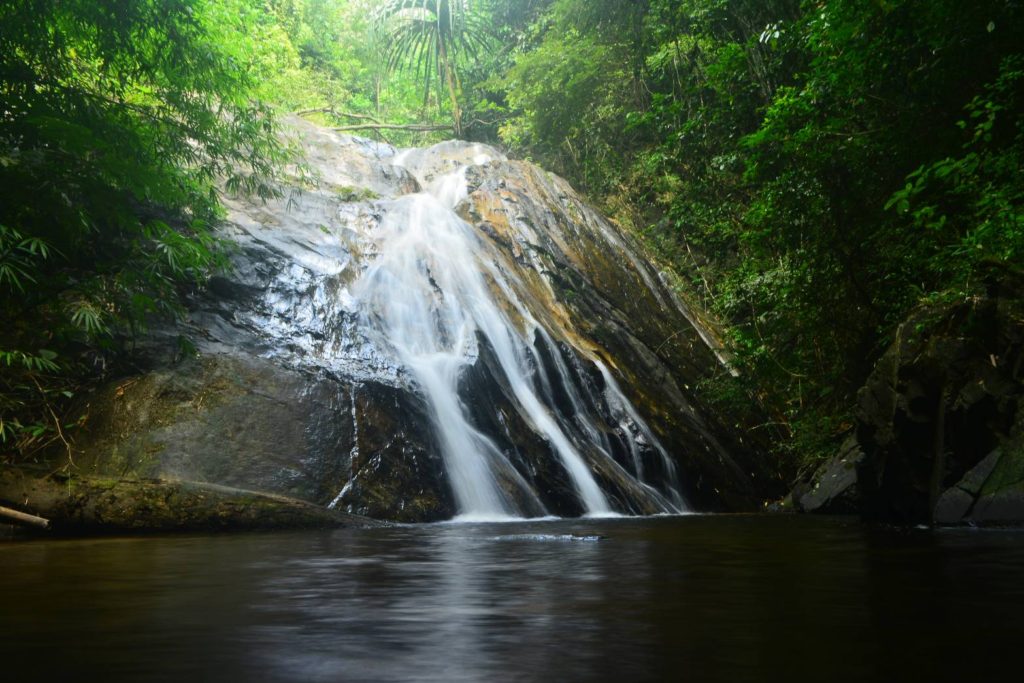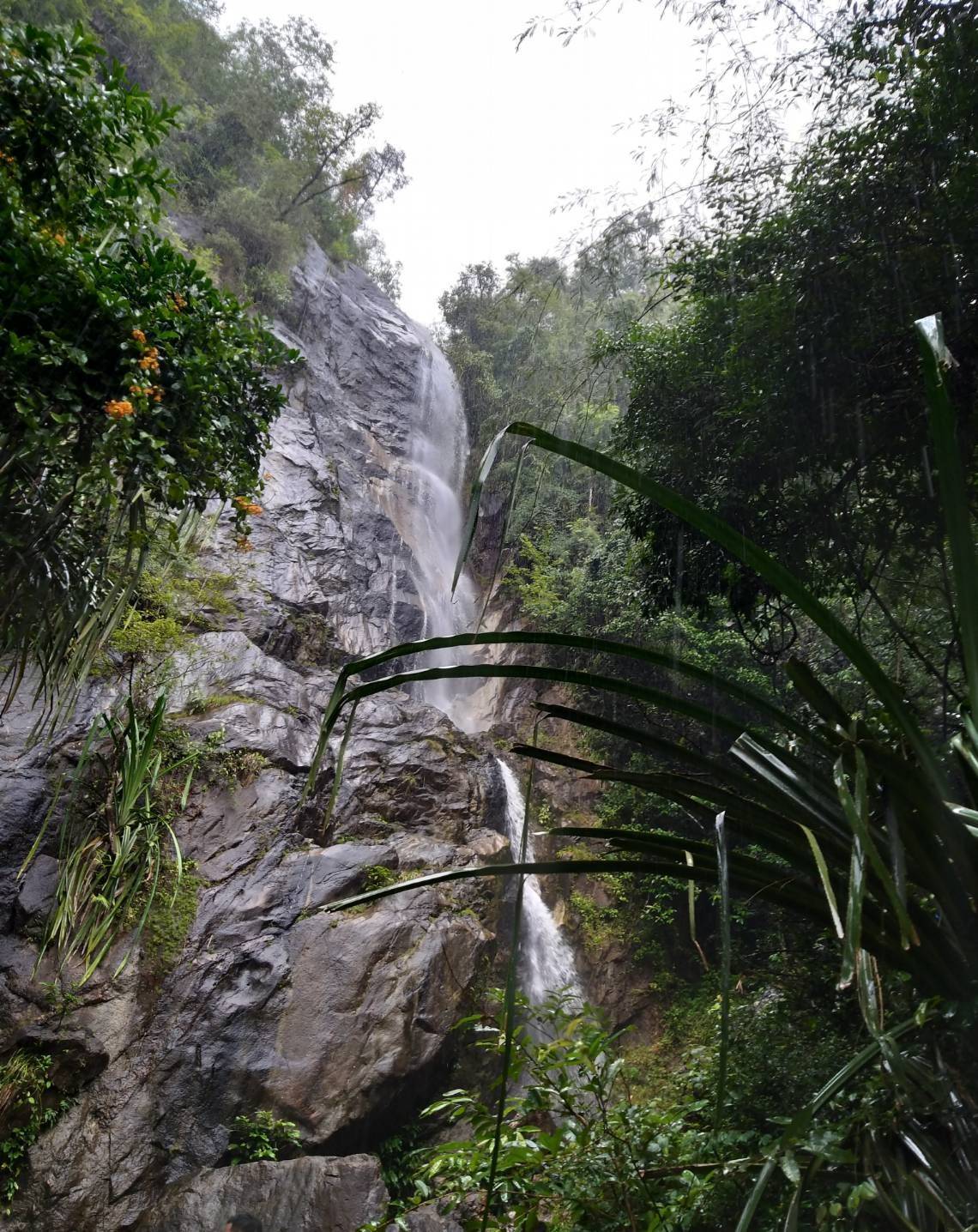

One of the main projects as a Volunteer in Thailand with International Volunteer Community Association is our Forest Conservation Project. Without extensive planning, dedication and the hard work of our volunteers, we would not be able to set out and accomplish what we wish to with the Phadam Forest. We at IVCA feel that the Phadam Forest represents all the forests of the world that everyone must help to protect. We wish for people from all over the world to come and see its abundance. From here, we will share with everyone in Thailand the importance of Phadam and the participation necessary in protecting this place at a local and international level. Finally, further allowing the new generation to look after it forever.
Read on to see why Forest Conservation is critical to both our well-being as humans and globally, as well as the importance of connecting once again with nature.
Restoring a forest is no easy task and involves planning, safety from commercial deforestation, replacing lost trees and continued conservation. To both increase our livelihood and sustain us for many years to come, working together on such a tremendous effort is beneficial for humans and the ecosystem alike. Often referred to as “the lungs of the environment”, forests provide a wealth of benefits to life as we know it. Without such a healthy, vital organ, can you imagine what the quality of life would be like without them?
Aside from their majesty and the aesthetic appeal, forests:
- heal us
- feed us
- provide oxygen and purify our water and air
- store carbon
- keep us (and the Earth) cool
- fight flooding
- block wind
- support biodiversity and thriving ecosystems
- maintain wildlife
…Shall I keep going? The benefits are endless, truly. This is just a portion of what we gain from maintaining and protecting our forests. In addition to these, forests are widely used for recreational purposes, cultural benefits, connecting spiritually, and using resources in a traditional manner.
Creating and maintaining the passion to do these things brings us to our next topic…connecting with nature, or even re-connecting with nature. This lack of connection in children has been called “nature-deficit disorder”, and unfortunately it has progressively gotten worse with the reliance on technology, processed foods, and the lack of intentional engagement in our natural world. The health and well-being of our youth is being compromised without the immersion into green space. It is lost on so many members of society right now what it means to “live off the land” and to tap into our natural, innate human senses and abilities in relation to the Earth that we are part of.
It has been proven that connecting with and learning and working in nature will positively impact confidence and academic behavior, as well as social and psychological ailments. Simply planting a tree, seeing its growth and understanding the effects of its fruition can provide a much-needed real approach to getting people to appreciate the importance of our natural world. Creating a learning environment for kids and adults to join activities in this manner will reap great rewards for them personally and for the community as a whole.
So, play in the dirt. Get wet. Get muddy. Run through the trees. Close your eyes and listen to the world around you, breathe in the fresh, natural air. Do your part to keep this for our future generations to come!

